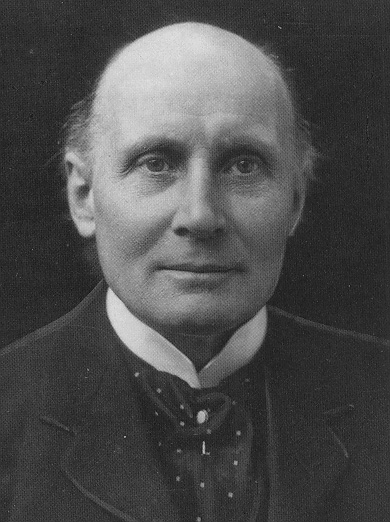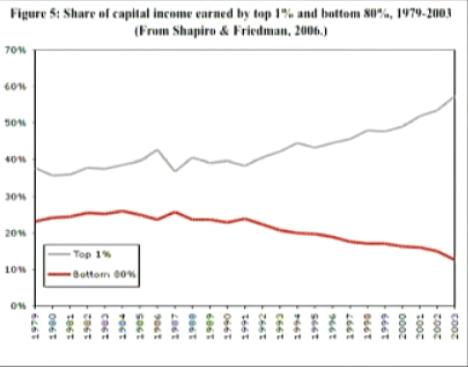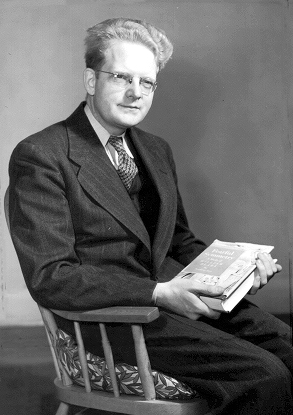Giordano Bruno was burned at the stake as a heretic on this date in 1600 (born 1548).
From Words with Power:
We have glanced at the way in which ideological language supports the anxieties of social authority, and of how other types of verbal authority nonetheless establish themselves, for example in science. In the collisions of Galileo and Bruno with the religious functionaries of their time, we recognize that a scientist has a commitment to his science as well as to his society, and that in certain crises he has an obligation to remain loyal to his science, even if silenced or martyred. This may be a simple moral issue of holding on to facts and evidence in the face of reactionary illusion, but it may be something subtler than that. In Galileo’s day the evidence for a heliocentric solar system was not yet conclusive: the geocentric theory seemed still reasonable, and Galileo was really making what is called a leap of faith. This term is used in religious writing, but not every leap of faith is a religious one. As for Bruno, his leaps are so vast and various that even specialists on him find him hard to keep up with. But then Isaac Newton presents an almost equally disconcerting picture when the whole of his output and range of interests is considered.
The authority of science, in other words, expands into a wider and compelling authority of social and intellectual freedom. This will always be relevant as long as the scientist remains a human being whose work has a personal context as well as a scientific one, involved with the ideology even when he challenges certain accepted forms of it. In our day, highly technological society may conscript some scientists into working for its interests, whereupon others will realize that the basis of their commitment to science is a conviction that science exists for the benefit of humanity, not for the promotion of tyranny and terror. (CW 26, 47-8)



